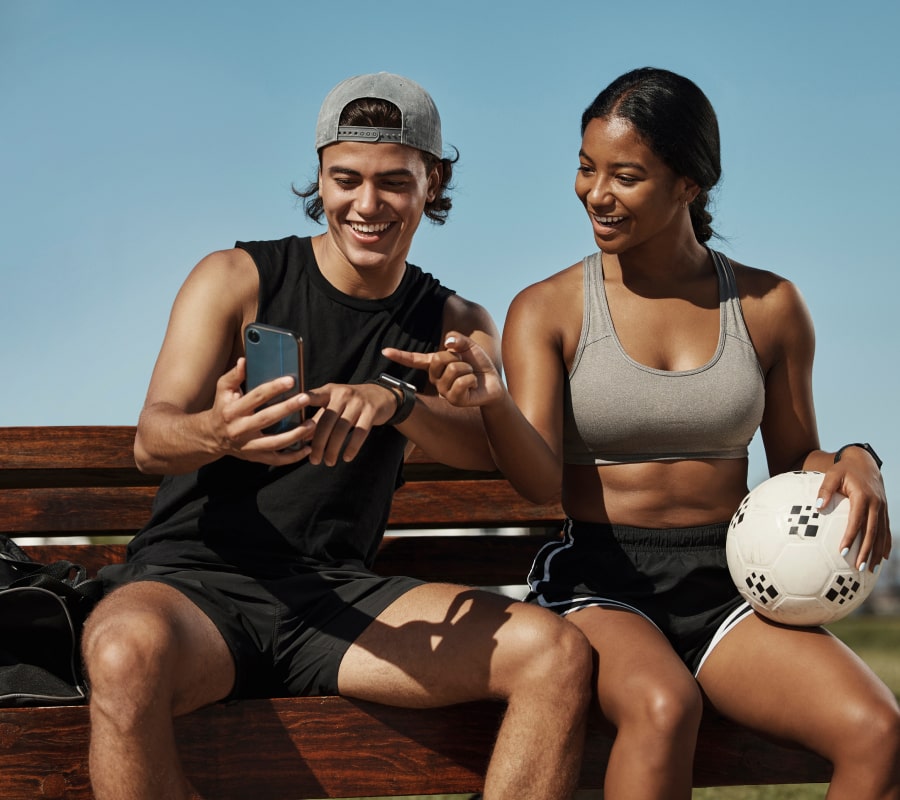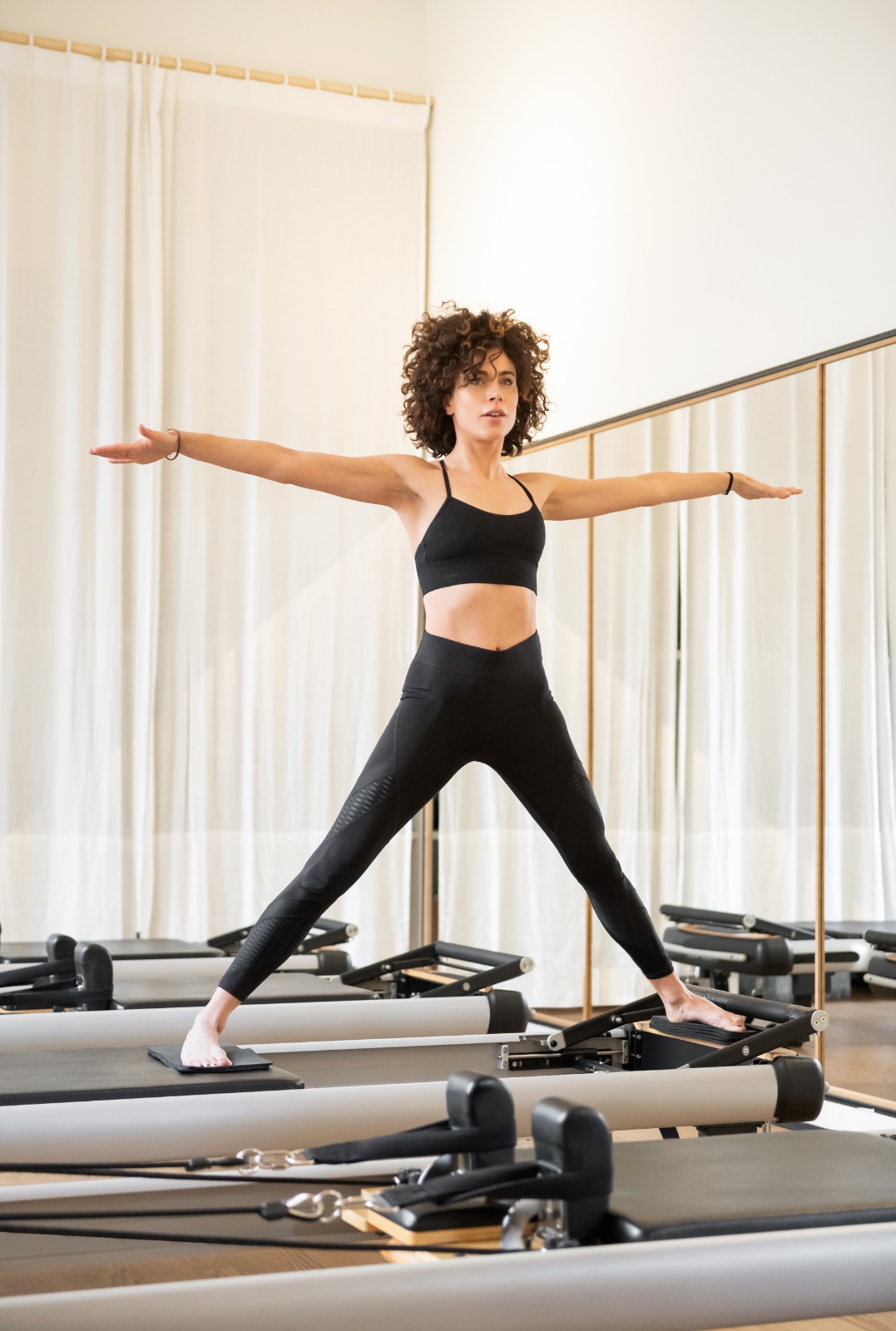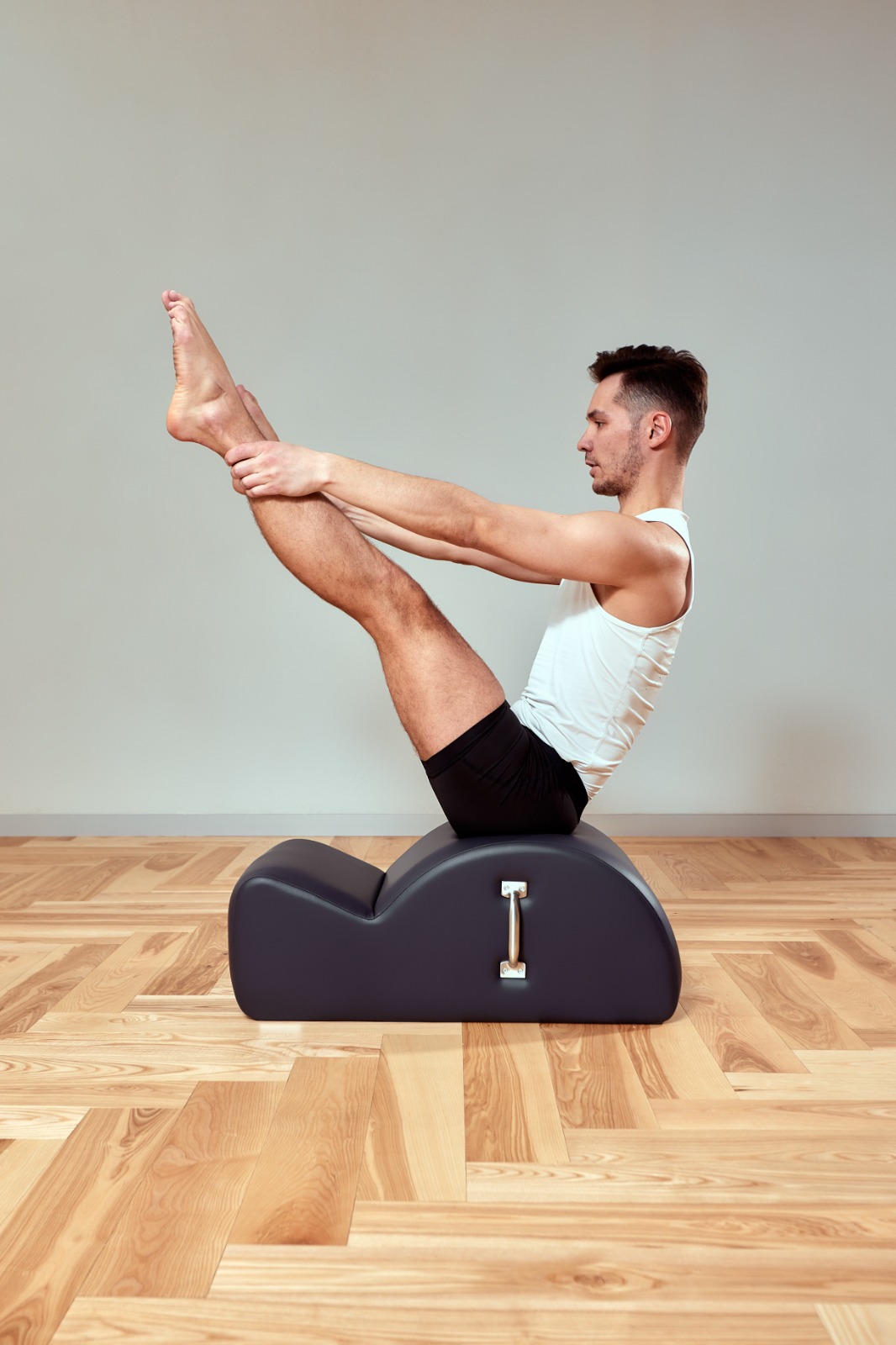Are You Earning Up to Your Potential?
Most personal trainers are undervaluing their time and skills. Our Personal trainer Revenue Calculator helps you find out what you should be making, and how to get there.
No guesswork. Just real numbers.
.jpg)
Regarding staying fit and healthy, hydration is often underestimated but plays a pivotal role. Knowing how to hydrate during workouts properly is essential whether you're a fitness trainer or an enthusiast. In this guide, we'll break down the importance of hydration in simple terms and provide practical tips to maintain proper hydration.
Why Hydration Matters?

Imagine your body as a finely tuned machine. Just as a car needs oil to keep its engine running smoothly, your body requires water to function optimally and maintain body temperature. Here are the key reasons why maintaining hydration throughout is of paramount importance:
1. Temperature Regulation: Your body constantly works to maintain a stable body temperature. When you exercise, your muscles generate heat, causing your body to sweat. Sweat is how your body cools down, but this process relies on adequate hydration. Dehydration disrupts this cooling system, making you more susceptible to overheating and heat-related illnesses.
2. Energy Production: Water plays a pivotal role in producing energy. Without fluid balance, your body can't efficiently convert food into energy. This results in feelings of fatigue and reduced endurance during workouts.
3. Muscle Function: Muscles, vital for exercise, need proper hydration to contract and perform effectively. When you're dehydrated, the risk of muscle cramps and injuries increases. Maintaining muscle function is essential for improving strength and endurance.
4. Nutrient Transport: Water is a medium for nutrients, enabling them to reach your cells effectively. When you're well-hydrated, your body can efficiently deliver nutrients and oxygen to working muscles, enhancing their performance and recovery.
5. Detoxification: Maintaining fluid balance supports removing waste products and toxins from your body. It aids the functioning of your kidneys, which filter out waste and help maintain the body's chemical balance.
6. Digestion: Water is vital for the digestion and absorption of the food you consume. It ensures that your body can break down nutrients and extract the energy and building blocks it needs.
7. Joint Lubrication: Proper hydration and optimal health keep your joints lubricated, reducing the risk of joint pain and injuries. This is particularly important for exercises that stress your joints, like running or weightlifting.
Signs of Dehydration

Dehydration occurs when your body loses more fluids than it takes in, disrupting its ability to function optimally. Recognizing the signs of dehydration is crucial to take corrective measures and avoid adverse health effects. Here are common indicators to watch out for:
- Dry Mouth and Throat: One of the earliest signs of dehydration is a parched, dry sensation in your mouth and throat. When you lack adequate fluids, saliva production decreases, leading to that uncomfortable, sticky feeling.
- Dark Yellow Urine: The color of your urine can be a reliable indicator of your hydration status. If your urine is dark yellow or amber, it's a sign of concentrated urine, which often means you need more water. In a well-hydrated state, urine is usually pale yellow or nearly colorless.
- Fatigue: Dehydration can lead to feelings of tiredness and low energy levels. When your body lacks water, it struggles to convert food into energy, making you feel drained efficiently.
- Dizziness: Dehydration can affect blood pressure and circulation, leading to dizziness or lightheadedness. This can be especially concerning during workouts, as it may increase the risk of falls or accidents.
- Muscle Cramps: Insufficient hydration can lead to muscle cramps and spasms, which can be painful and hinder your workout performance.
- Headache: Dehydration is a common cause of headaches. When dehydrated, your brain temporarily contracts or shrinks slightly due to fluid loss, leading to headaches.
- Reduced Sweating: Paradoxically, in the early stages of dehydration, you notice decreased sweating as your body conserves water. However, as dehydration worsens, you may stop sweating entirely, which can lead to overheating.
- Dry Skin: Dehydration can cause your skin to become dry, less elastic, and more prone to irritation and rashes.
- Heart Rate Changes: Dehydration can lead to an increased heart rate as your body attempts to compensate for the reduced blood volume caused by fluid loss.
- Sunken Eyes: In severe cases of dehydration, your eyes may appear open or hollow, and you may notice dark circles under your eyes.
💪 Got an idea for a brand? Let's bring it to life.
Launch your own fitness app with FitBudd in minutes!

💪 Got your brand name? Let’s bring it to life.
Launch your own fitness app with FitBudd in minutes!


88% trainers worldwide gave us 5 stars
Transform your fitness business with the power of your branded app on iOS and Android.
Try for FREEAdequate Hydration During Workouts

1. Pre-Workout Hydration:
Before you begin your exercise session, it's essential to ensure you're adequately hydrated. Hydrating ahead of time sets the stage for a successful workout. Drinking around 16-20 ounces (approximately 500-600 milliliters) of water at least an hour before exercising is a good practice.
This initial hydration step helps to prime your body for the upcoming physical exertion by ensuring that you're already in a state of optimal hydration.
2. During Exercise:
Hydrating during your workout is essential to maintain energy levels, performance, and overall well-being. Here are some key considerations:
- Frequent Sips: Aim to take small sips of water every 15-20 minutes throughout your workout. Doing this helps maintain a steady fluid intake without overwhelming your stomach or causing discomfort. Consistency in hydration is key.
- Sports Drinks: For longer workouts, typically over an hour, you might benefit from sports drinks containing electrolytes and carbohydrates.
These specialized beverages can help replenish the lost fluids and essential minerals and provide energy. However, water should suffice for shorter or more intense workouts to meet your hydration needs.
- Listening to Your Body: Pay close attention to your body's signals during exercise. If you start feeling thirsty, don't ignore it; take a moment to drink water.
Thirst is your body's natural way of telling you it requires hydration. Waiting until you feel extremely thirsty can indicate mild dehydration, negatively impacting your physical performance and well-being.
3. Post-Workout Hydration:
Rehydration is essential to recover from fluid loss through sweating after your workout. The aim is to replace the fluids and electrolytes lost during your exercise.
An effective rule of thumb is to drink around 16-24 ounces (approximately 500-750 milliliters) of water for every pound (about 0.45 kilograms) of body weight lost during exercise.
Alternatively, sports drinks can be useful post-workout to restore electrolyte balance and provide carbohydrates for recovery, especially after long and strenuous sessions.
How Much Water Do You Need?

Determining the right amount of water you need daily is crucial for your overall health and well-being, especially when physically active. Here's a closer look at the factors and considerations involved:
- Daily Baseline: As a general guideline, aiming for about 8-10 cups of water daily (approximately 64-80 ounces or 1.9-2.4 liters) is a good starting point for maintaining basic enough hydration levels. This gives your body the minimum amount of water required for everyday functions.
- Activity Level: Your activity level plays a substantial role in determining your daily water needs. When you exercise, you lose fluids through sweat, which must be replaced. For each hour of moderate-intensity exercise, you can lose about 17-20 ounces (500-600 milliliters) of water.
Therefore, you must drink extra water to compensate for these losses when you work out.
- Climate: The climate and environmental conditions also impact your hydration needs. In hot and humid weather, you tend to sweat more and, thus, require more water to stay properly hydrated.
- Individual Variations: Everyone's hydration needs are unique, and factors such as body size, age, and metabolism can affect how much water you should consume. Listen to your body; if you're consistently thirsty, it may indicate that you need more water.
- Urine Color: Monitoring the color of your urine can provide a practical indicator of your hydration status. Ideally, your urine should be a pale yellow or straw-like color. Dark yellow or amber urine indicates concentrated urine and may suggest drinking more water.
- Thirst: The sensation of thirst is a natural signal from your body that it needs water. Pay attention to your body's thirst cues, which can help guide your water intake.
To tailor your hydration to your specific needs, consider these simple steps:
1. Start with the general guideline of 8-10 cups (64-80 ounces) of daily water for baseline hydration.
2. Add more water on days when you work out, aiming to replace the fluids lost through sweat. This might require an extra 8-20 ounces (240-600 milliliters) of water for each hour of exercise, depending on intensity and climate.
3. Adjust based on personal factors like climate, individual variations, and the color of your urine. When in doubt, follow your body's signals and drink when thirsty.
Electrolytes and Rehydration

When you sweat, you lose more than just water; you lose essential electrolytes like sodium, potassium, and magnesium. Replenishing these is crucial for peak athletic performance and recovery. Consider the following:
Electrolyte Tablets:
These can be added to your water to help maintain balance.
Healthy Snacks:
Incorporate electrolyte-rich foods, like bananas, avocados, or yogurt, into your post-workout snacks.
Listen to Your Body
Your body is your best guide. Pay attention to its signals, and drink when you're thirsty. Waiting until you're parched is a recipe for dehydration.
Optimal Hydration: Stay Hydrated Beyond Workouts

Hydration isn't just for the gym. Keep these tips in mind throughout the day:
Carry a Reusable Water Bottle:
Having water within arm's reach encourages regular sipping.
Monitor Urine Color:
Light yellow is a good indicator of maintaining proper hydration throughout.
Include Water-Rich Foods:
Fruits like watermelon and cucumbers can increase daily water intake.
Conclusion
As you embark on your fitness journey, it's vital to recognize that staying well hydrated is just one piece of the optimal health puzzle. You need to consider your hydration and nutrition to achieve your fitness goals, and many coaches streamline this using nutrition software to plan meals, track macros, and keep clients consistent with their fueling strategies.
Look no further for comprehensive guidance on meal prepping for fitness goals, including a wealth of recipes and strategies for maintaining a well-balanced and nutritious diet. This invaluable resource will empower you to align your dietary choices with your fitness objectives, ensuring your body gets the fuel it needs for optimal performance and recovery.
Frequently Asked Questions

Creative Fitness Challenges Ebook
Discover exciting challenges to boost your workouts and keep your fitness journey thrilling.
Download Now
Templates
These functional templates have the power to make any fitness trainer's life easier.
Subscribe To
Our Blog




















.jpg)












